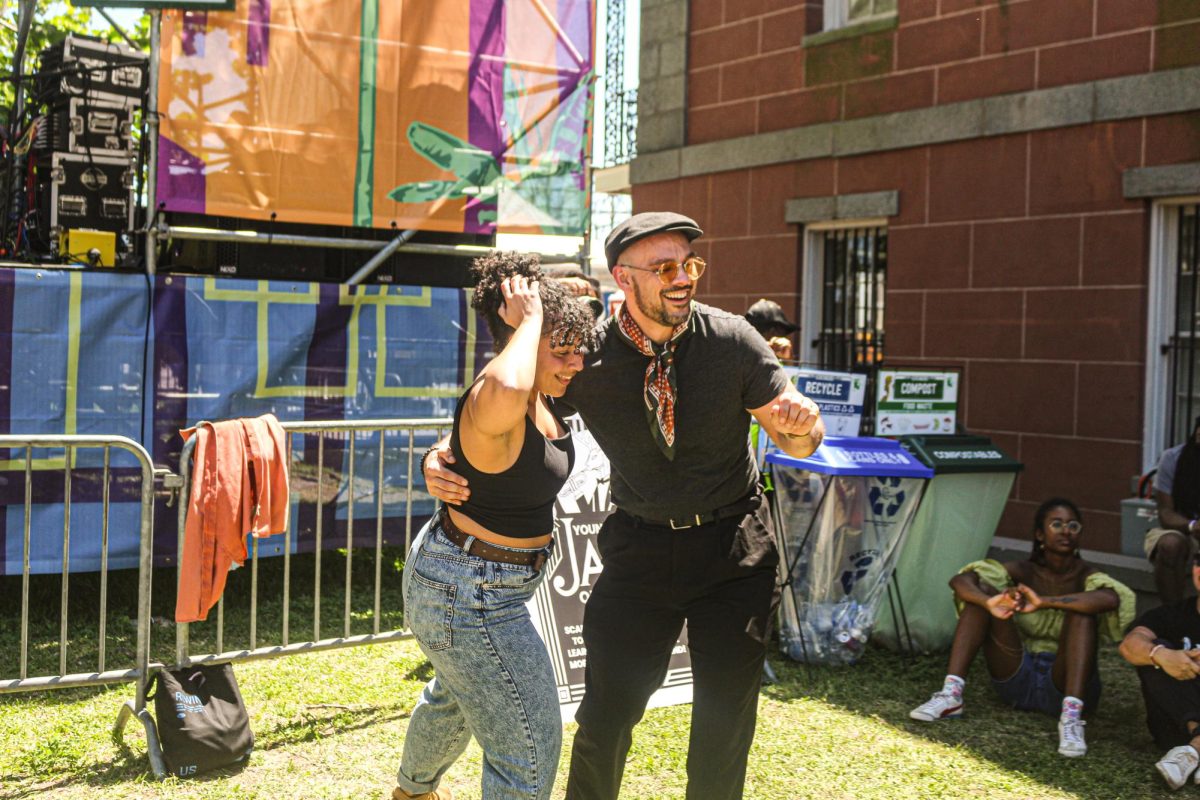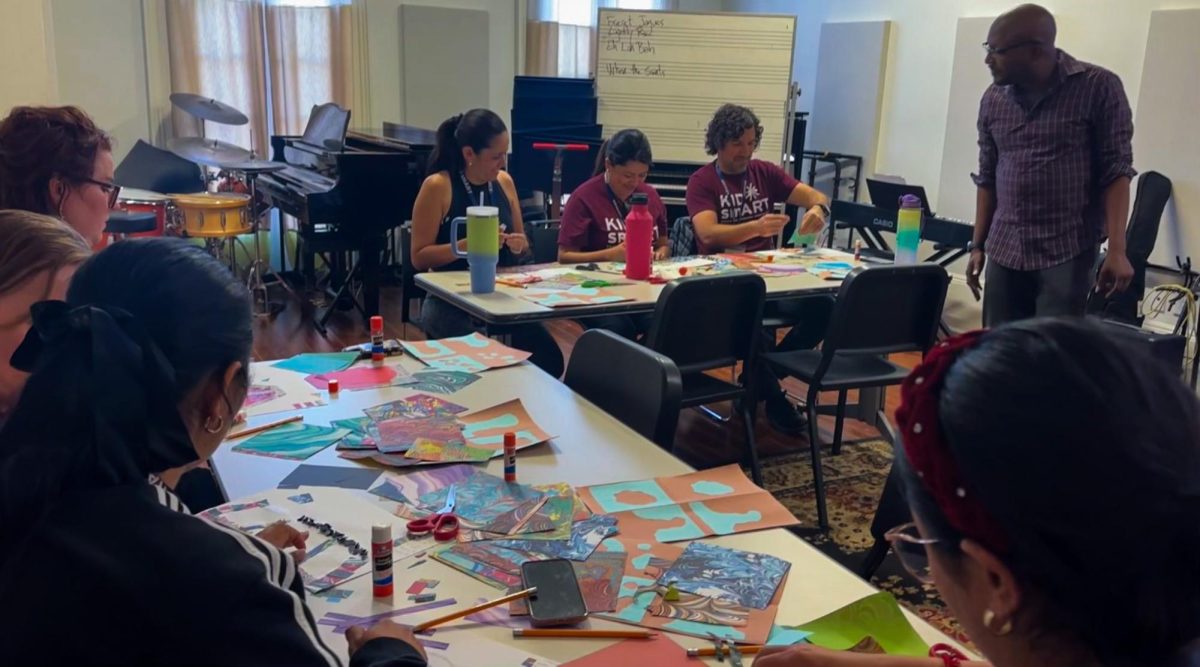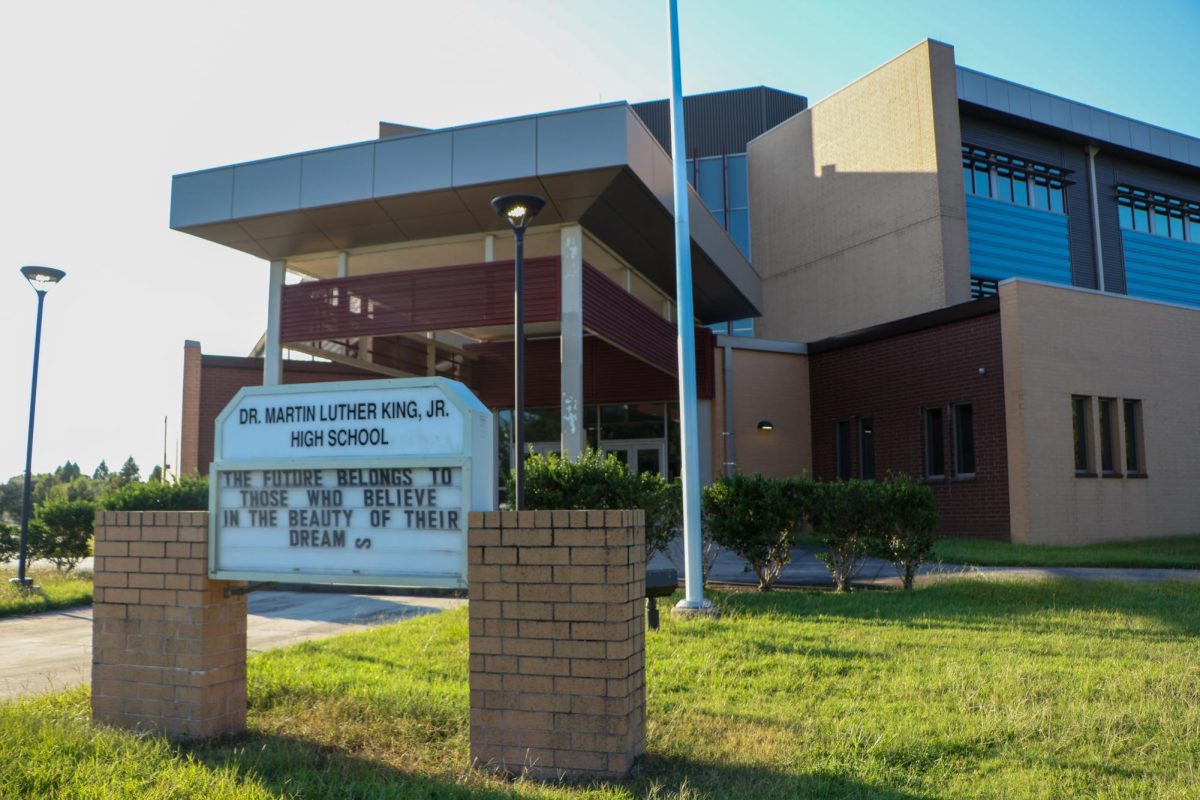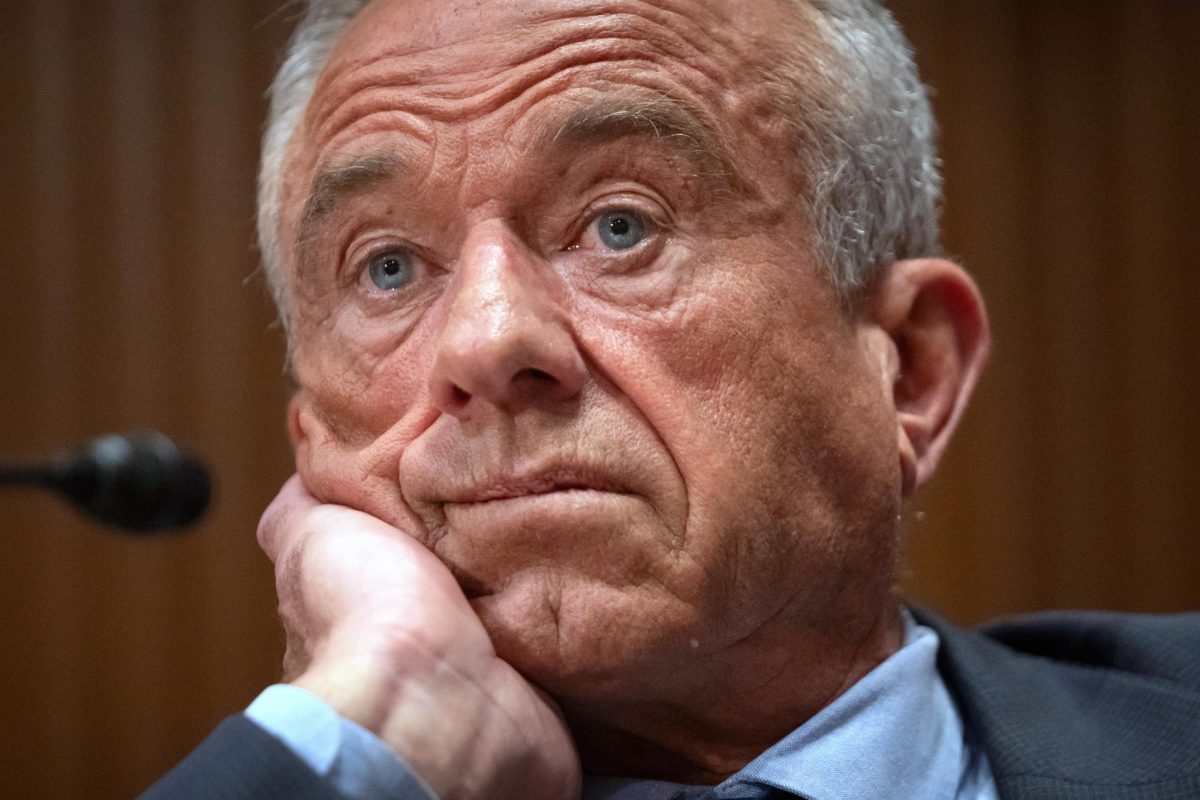Many members of Loyola’s community are expressing frustration with the recent execution of Jessie Hoffman, Louisiana’s first state-sanctioned death in 15 years. Hoffman spent more than 25 years at Louisiana State Penitentiary, and was executed on March 18.
Lindy Brasher, Loyola university minister for social justice, knew Hoffman personally, and said the execution challenges core principles of Catholic social teaching, such as the inherent dignity of the human person and the call to restorative justice.
“Pope Francis and his predecessors have emphasized that even those who have committed grave crimes must not be excluded from the possibility of redemption,” said Brasher.
Annie Phoenix, the head of the Jesuit Social Research Institute at Loyola, said the reason for the 15 year long pause is that it has become increasingly difficult for the state to find the lethal injection drugs used to carry out the executions.
“Drug companies do not want to be associated with the death penalty,” she said.
In February, however, the state of Louisiana approved a protocol for executions by nitrogen hypoxia, which would allow the state to continue carrying out death sentences.
Louisiana Governor Jeff Landry, who campaigned as a proponent of the death penalty, expressed his approval of the execution in a press release.
“For too long, Louisiana has failed to uphold the promises made to victims of our State’s most violent crimes,” he said.
Louisiana became the second state in the U.S. to use nitrogen hypoxia as a method for execution, with the first being Alabama last year.
“Nitrogen gas is being marketed as a more ‘humane’ option, but it hasn’t been thoroughly tested, and critics argue it’s experimental,” said Brasher. “The shift in methods might give the illusion of progress or ethics, but at its core, it’s still the state taking a life.”
Political science freshman Xavier Buckley said he thought the method of execution was inhumane and immoral.
“It is torture and then execution,” he said. “It is sadistic execution.”
Psychology freshman Molly Helton said she did not agree with the execution, nor with the use of the death penalty in general.
“I’m not excusing what he did, and I’m not saying that he shouldn’t have been in prison, but I believe that the power of life and death should only rest in God’s hands,” she said.

















